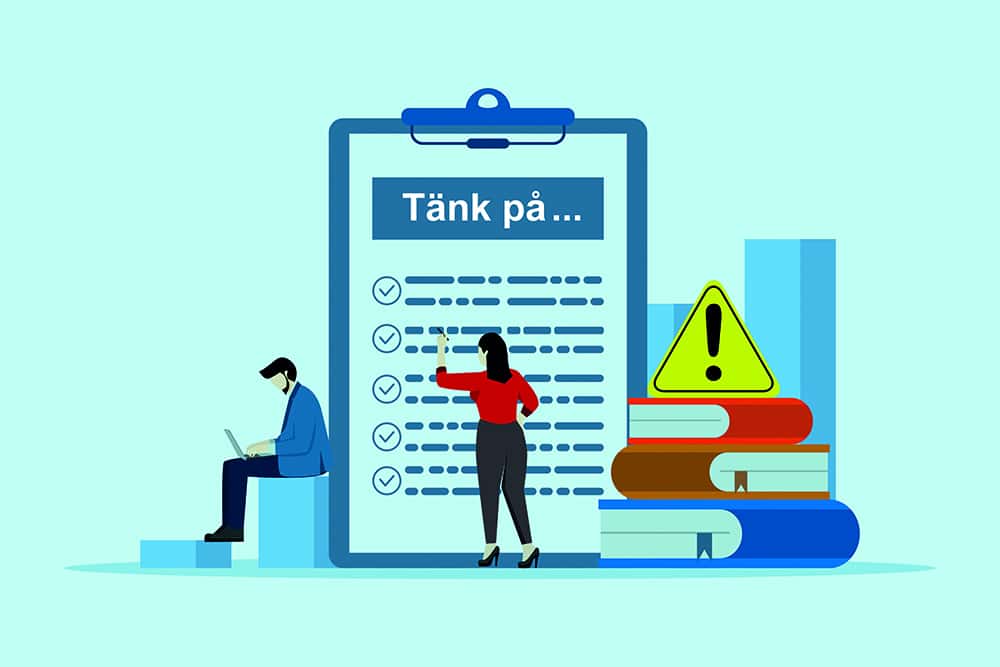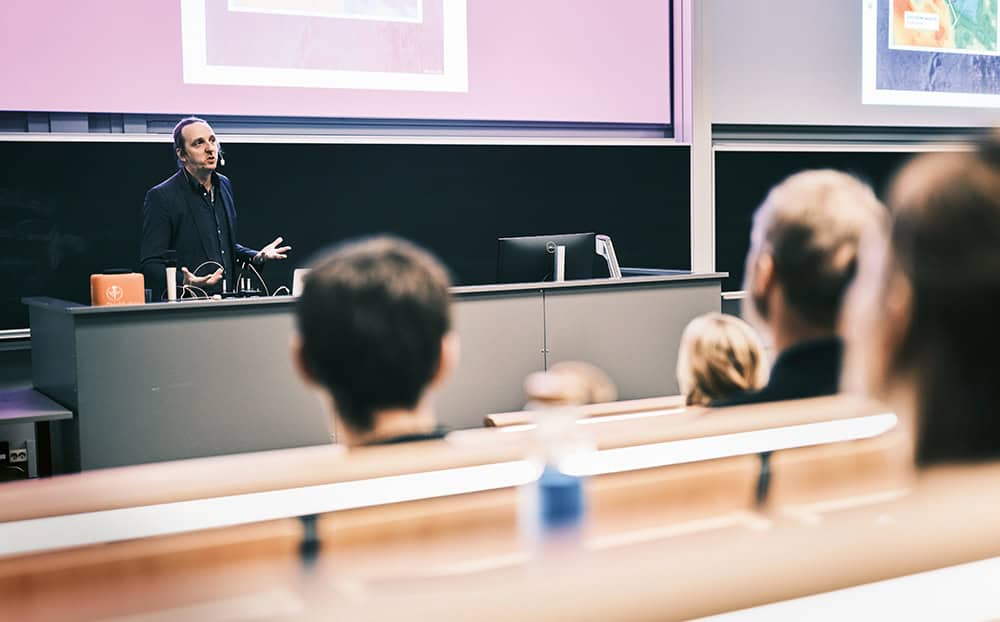“Surprisingly many people do not read the instructions properly,” says Sofie Wennström. “We were talking about this at an editorial meeting today. One editor said that she had had to reject an unusually large number of articles immediately because they were not relevant to the subject of the journal.”

Sofie Wennström
Managing Editor of Journals and Books at Stockholm University Press
Sofie Wennström has worked in scientific publishing for 20 years. She understands that at the end of a long research process, people may not always be able to adapt their writing perfectly to another readership, but they submit their and hope that it can be sorted out later in the process.
“But it can definitely reduce the chances of having their article accepted. If the journal has received ten articles, but only has room for five, the editor may well choose those that require the least work.”
To increase the chances of having your research accepted, you must first choose the journal and publisher carefully. It is not necessarily the most prestigious journals that give your research the greatest impact, says Wennström.
“It is better to find the right readership, the people who are researching the same topic and with whom you might be able to collaborate in the future.”
When you have chosen a journal, make sure you follow its instructions for what an article should contain, what it should look like and how it should be submitted. Dare to send questions to the editor if something is unclear.
If you are unsure whether your research is even suitable for the journal, you can send a short question about it before going through the entire submission process.
“It is quite common that editors receive half-finished articles. But a journal’s editorial process is about assessing scientific quality, not helping to write the article for someone,” says Wennström.
Deficiencies in how references are handled is a common pitfall. Likewise, lack of permission to use copyrighted material.
”It is very important to have a good title so that the article will be found.”
Language is important for the editor, and at the next level for the expert reviewers, to be able to understand the research findings. Do not write too much. Keep it short and to the point.
“And it is very important to have a good title so that the article will be found and attract people to read it. It needs to be factual and can be quite comprehensive. It must contain the core message and keywords,” says Sofie Wennström.
Better chances of publication
All journals and publishers have their niche and their rules. Make sure you follow them.
Maintain high linguistic quality. Get expert help if you need it.
Don’t forget about copyright and data protection regulations.



















